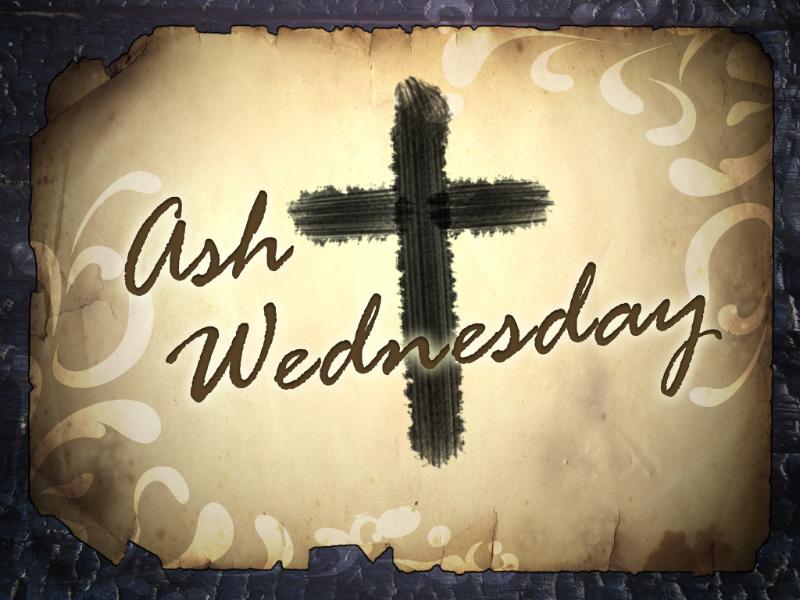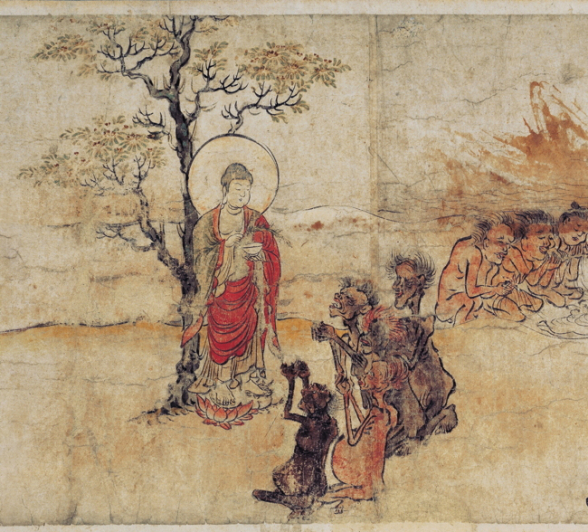Reflections on ashes and dust: themes from Ash Wednesday & Lent
Ash Wednesday is the starting point of Lent. We are marked with ashes as we begin the season. We go from feasting to a season of fasting, praying, and giving. Or perhaps we can think of Lent as a season of personal training, of discipline and preparation, to return to spiritual fitness. It’s a time […]


